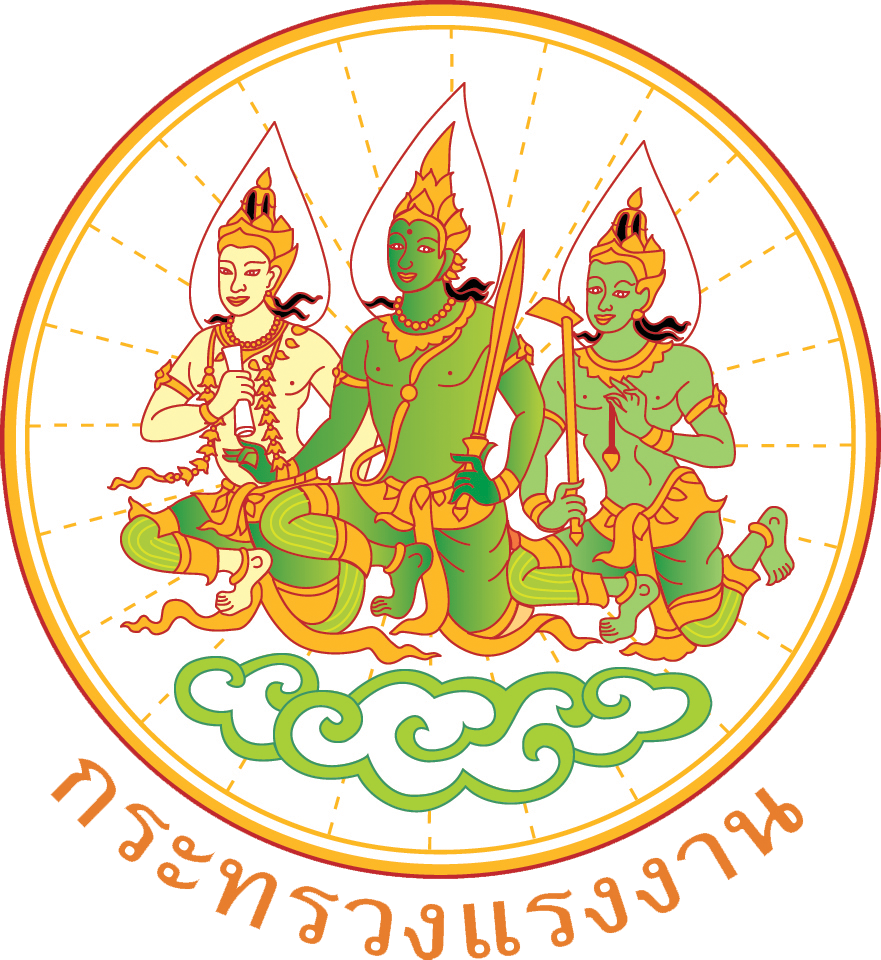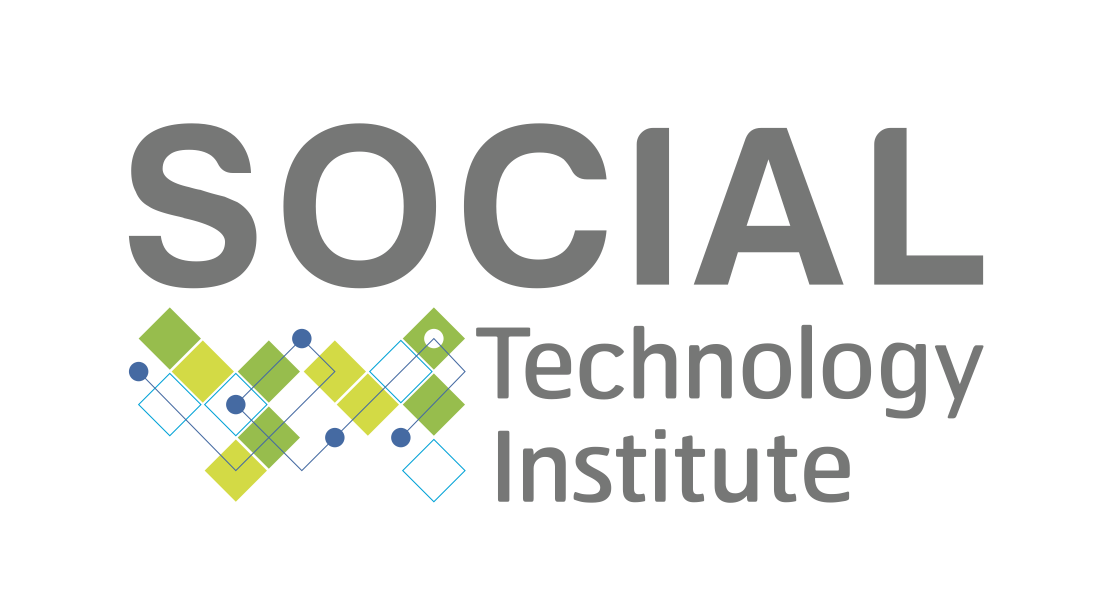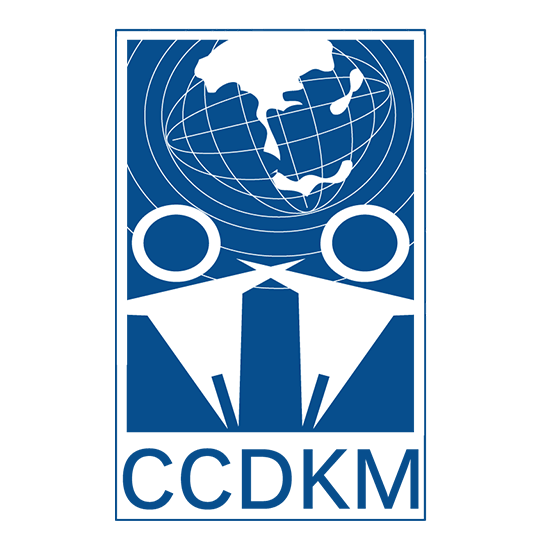Older People Associations (OPAs)[1] are the “Groups or organisations of and for older people are found throughout the Asia region and fall into two main categories. First, several countries have wide coverage of organisations for older people established by the government or semi-government agencies several decades ago (e.g. Vietnam Association of the Elderly, Senior Citizen’s Council of Thailand, and Old People’s Associations in China). These focus mainly on social activities for retired or older people, frequently are led by retired civil servants, and engage others with expendable time and resources. They often have national-level associations or federations that sometimes also represent the interests of older people to policy-makers or ensure that older people are receiving entitlements. Second, building on the potential of such groups for broader developmental impact, a multifunctional older people’s association (OPA) approach was developed.
OPAs are community-based organisations that mobilise older people to improve their own lives and to contribute to the development of their communities across many domains. They are multifunctional, addressing interrelated needs of older people in the community, such as: livelihoods and support for work in later life; health and social care; social connection; rights and entitlements; disaster preparedness; women’s participation; transparent governance and community participation. They draw upon the community’s existing resources, particularly the capacities of older people themselves to serve as agents of change in their lives and communities. They also seek to strengthen links for older people at the community level with local government and services.
In Phase I of SANA project, a Regional Research was undertaken by the Institute of Population Ageing at the University of Oxford which assessed the impact of the different OPA models in the domains of health, income and social protection across 4 countries in the region (Vietnam, Cambodia, Myanmar and China) identified varying degrees of success in these domains across these countries. The result of the research was disseminated via a number of regional events. The research showed that Vietnam was the only country that was able to consistently replicate their country model across the 3 domains.
Although the regional research from the first phase of the project provided evidence regarding the impacts on the OPAs on the three different domains of health, income and social protection, it could not provide comprehensive analysis on either the critical success factors on the operation of OPA model in Vietnam nor the strengths and weaknesses on the operation of different OPAs in the other three countries. The Action Research in Phase II of SANA project is, therefore, very important for identifying the further work on OPAs in the target countries. The target countries in phase II of the project include Bangladesh, Cambodia, Indonesia, and Vietnam. Currently the project is piloting the implementation of an intergenerational and multi-functional OPA model with the targeted village level OPAs in Bangladesh, Cambodia, and Indonesia. For Vietnam, they are on process of national replication of this intergenerational and multi-functional OPA model.
รายละเอียดเพิ่มเติม : https://www.thaingo.org/jobs/?p=jobs&act=detail&id_job=7137







 2044/23 Phetchaburi Rd.
2044/23 Phetchaburi Rd. 


